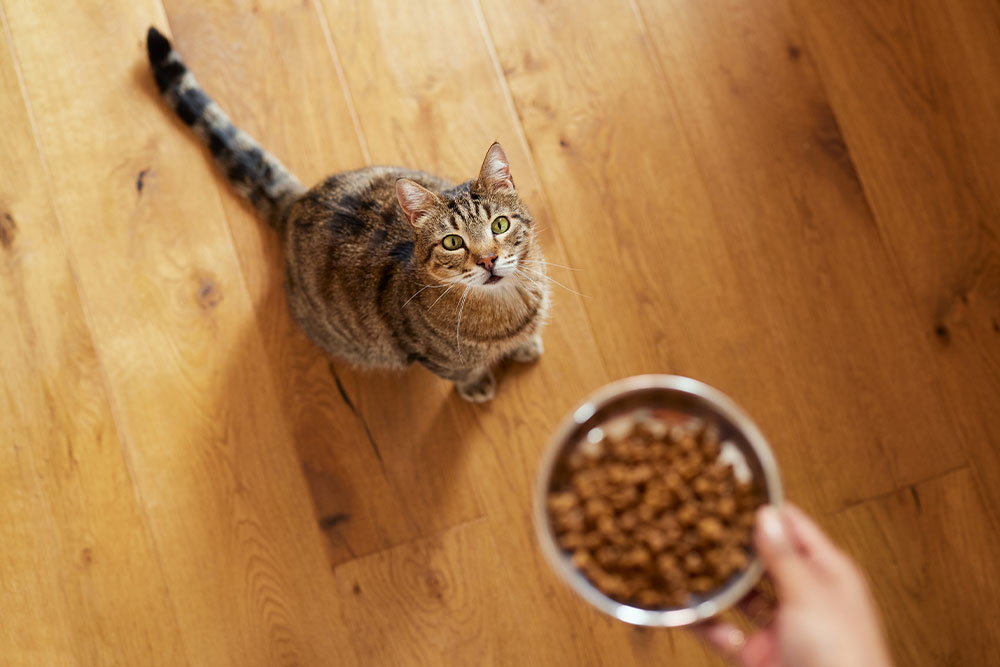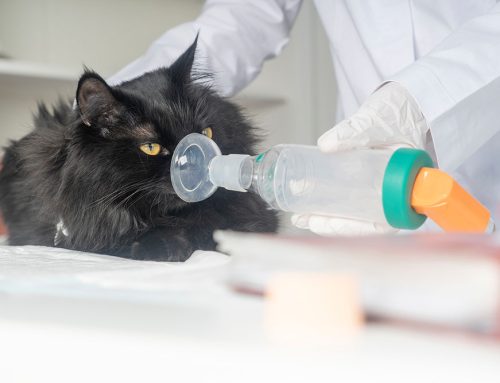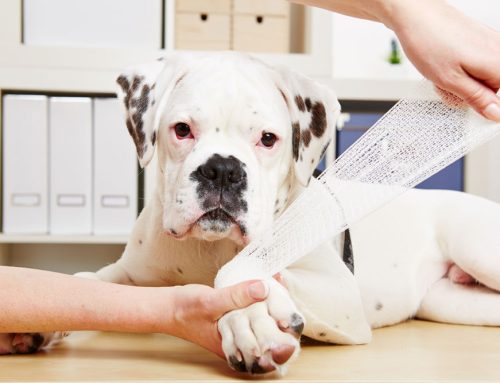Understanding Meal-Skipping in Pets
When pets skip meals, it might initially seem like a minor issue, but it’s essential to pay attention. Dogs and cats typically follow consistent feeding patterns, and any deviation could signal underlying problems. Reasons for meal-skipping can range from simple preferences to more serious health concerns. It’s crucial to monitor these changes closely and determine when it’s appropriate to seek professional help from your trusted veterinarians at West Vets Emergency Veterinary Clinic.
Common Reasons Why Pets Skip Meals
Medical Causes of Appetite Loss
Various health issues can lead to your pet refusing meals. Common medical reasons include dental problems, gastrointestinal disorders, or systemic diseases that may affect your pet’s overall desire to eat. Dental issues such as gingivitis or a broken tooth can cause significant discomfort, leading to reluctance in eating. Similarly, gastrointestinal problems like pancreatitis or inflammatory bowel disease can result in nausea or pain, which deters eating. In severe cases, systemic diseases such as kidney failure or liver disease can affect appetite due to toxins accumulating in the body.
For more detailed information on specific diseases, read about Canine parvovirus and Feline Vomiting.
Behavioral and Environmental Factors
Changes in your pet’s environment, such as moving to a new home or the addition of a new family member, can cause stress leading to meal-skipping. Pets are sensitive to their surroundings, and stress can be a significant factor. Behavioral issues like anxiety or depression may also contribute to a decreased appetite. Similarly, if your pet doesn’t like their food or if the feeding schedule changes unexpectedly, they might start skipping meals. Establishing a consistent feeding routine can help mitigate these issues. Ensure that your pet’s eating area is calm and safe, as noise and distractions can also impede their willingness to eat.
Effects of Meal-Skipping on Pet Health
Short-term vs. Long-term Health Impacts
In the short term, a lack of adequate nutrition can lead to noticeable drops in energy and changes in behavior, such as increased irritability. You might observe that your pet is less playful or more lethargic. Over the long term, regular meal-skipping can lead to severe consequences like liver issues or malnutrition. For instance, in cats, prolonged fasting can lead to hepatic lipidosis, a life-threatening liver condition. In dogs, consistent meal-skipping can result in significant weight loss and muscle wastage.
Breed-Specific and Age-Related Considerations
Younger pets like puppies and kittens have different nutritional needs compared to adult animals and are more vulnerable to the adverse effects of meal-skipping. They require consistent energy intake for healthy growth and development. Additionally, senior pets may experience changes in metabolism and appetite, requiring careful monitoring. Some breeds, such as Bulldogs and Persian cats, are prone to specific health issues that can affect their eating habits, making regular veterinary check-ups essential.
Diagnosing the Cause of Appetite Loss
What to Observe at Home
Monitor how long your pet skips meals and any accompanying symptoms such as vomiting, diarrhea, or lethargy. Note changes in their stool, water intake, or general demeanor. These observations are crucial for a proper diagnosis when you visit a veterinarian. Keeping a journal of your pet’s eating habits, along with any other unusual behaviors, can provide valuable information for your Westerville Veterinarian.
When to Visit West Vets Emergency Veterinary Clinic
If your pet continues to skip meals and shows other concerning symptoms, it’s time to visit West Vets Emergency Veterinary Clinic. Be prepared to discuss your pet’s medical history and recent behavior. Immediate veterinary attention is warranted if your pet has not eaten for more than 24-48 hours, especially if they show signs of distress or illness, such as vomiting, diarrhea, or significant lethargy.
Treatment and Management of Meal-Skipping
Home Care Tips
Try adjusting your pet’s feeding environment or offer different types of food to entice them to eat. Sometimes, a simple change in diet or feeding time can make a big difference. Consider warm, wet food options, as they can be more appealing due to their stronger aroma and moisture content. For more tips on what to do if your dog is not eating, read this resource from Preventive Vet.
Professional Interventions
Depending on the cause, treatment may vary from dietary adjustments and medications to more invasive procedures like surgery. For pets with dental issues, a professional cleaning or extraction may be necessary. In cases of gastrointestinal disorders, dietary management and medications such as anti-nausea drugs or appetite stimulants may be prescribed. For more information on potential treatments, refer to Exploratory Surgery in Pets.
Preventing Future Episodes of Meal-Skipping
Regular veterinary check-ups are vital in catching and addressing any underlying health issues early. Ensuring vaccinations and parasite preventatives are up to date can prevent diseases that affect appetite. Maintaining a balanced diet and minimizing stress for your pet are crucial steps in preventing future health problems. Consistent, positive reinforcement of feeding routines can help establish healthy eating patterns.
How West Vets Emergency Veterinary Clinic Can Help
At West Vets Emergency Veterinary Clinic, we offer a comprehensive range of services to diagnose and treat the reasons behind your pet’s loss of appetite. Our team of experienced veterinarians uses state-of-the-art diagnostic tools to assess your pet’s health comprehensively. If you are concerned about your pet’s eating habits, please contact us directly.

FAQs: What Every Pet Owner Should Know About Meal-Skipping
What should I do if my pet skips a meal?
Start by observing your pet for any other symptoms, such as vomiting or lethargy. Ensure their feeding environment is calm and free of distractions. If meal-skipping persists for more than a day or is accompanied by other symptoms, consult your veterinarian.
Can stress cause my pet to stop eating?
Yes, stress from environmental changes or anxiety can lead to a decrease in appetite. Providing a stable routine and a quiet feeding area can help reduce stress.
Is it normal for pets to occasionally skip meals?
Occasional meal-skipping can be normal, especially if your pet is otherwise healthy and active. However, consistent meal-skipping warrants a veterinary consultation to rule out underlying health issues.
Keeping Your Pet Healthy and Happy
Understanding the reasons behind meal-skipping and taking appropriate action are key to ensuring your pet’s long-term health and well-being. Pet owners should stay observant and proactive in their pet care practices. By maintaining regular veterinary visits, a balanced diet, and a stable environment, you can help prevent meal-skipping episodes and ensure your pet remains vibrant and healthy. If you have any concerns, remember that West Vets Emergency Veterinary Clinic is here to help.







Leave A Comment